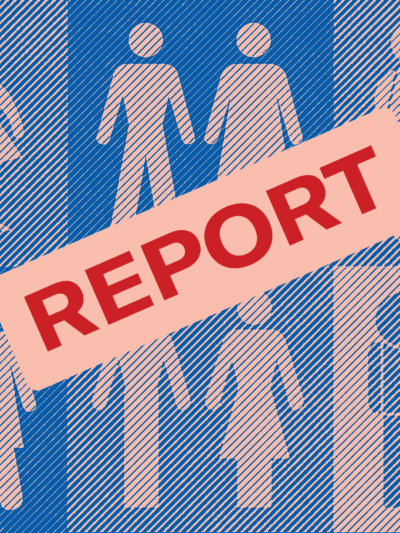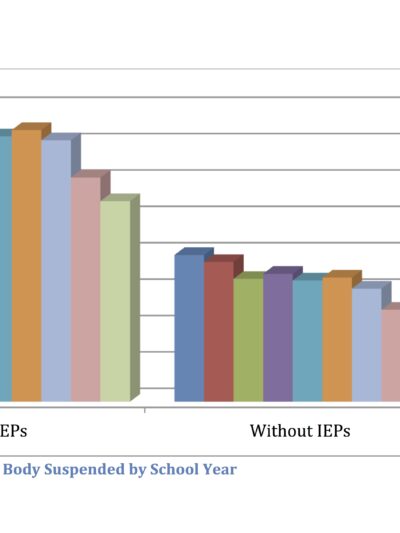News & Commentary
Jun 02, 2015
Community Organizations File Formal Petition To Amend Graduation Regulations
A coalition of 12 organizations representing youth, parents, the disability community, and civil rights activists today filed a formal petition with the state Council on Elementary and Secondary Education to initiate a public rule-making process to bar school districts from using high-stakes testing as a graduation requirement or grading tool before 2020.

May 27, 2015
A Lifelong Punishment: Juvenile Life Without Parole
UPDATE 6/10/2015: Call the leaders of the House and Senate and the chairs of the Judiciary committees to ask them to support legislation banning life without parole sentences for children in Rhode Island.

May 13, 2015
ACLU, Others Urge School Districts Not To Use PARCC As Graduation Requirement Before 2020
The ACLU of Rhode Island and 13 other organizations are urging school districts not to use PARCC as a graduation requirement before the Council on Elementary and Secondary Education's recommended start date of 2020 after some districts requested permission to use the PARCC test as a graduation requirement before the 2020 date.

May 05, 2015
ACLU Finds Increasing Racial Disparities In School Suspension Rates
Racial disparities in suspensions at Rhode Island’s schools reached their highest rates in a decade last year, according to a new report issued today by the American Civil Liberties Union of Rhode Island. The report, “Blacklisted: 2013-2014,” found that while white students experienced a ten-year low in suspensions during the 2013-2014 school year, the combined suspension rate for Hispanic, black and Native American students was at its highest level.

Apr 14, 2015
ICYMI: PARCC As High-Stakes Test Will Be A Repeat of NECAP Fiasco
It is heartening to see a robust discussion on the use of the PARCC test in Rhode Island’s public schools, but the state Department of Education seems to have made up its mind: before the test was even off the ground it was already actively encouraging school districts to use the PARCC to penalize students as early as next year.

Apr 01, 2015
Tune In: The School-to-Prison Pipeline
Over the past few months, we've shared quite a bit of data about the school-to-prison pipeline and its disproportionate impact on Rhode Island's communities of color. We recently sat down with Jordan Seaberry, of the Univocal Legislative Minority Advisory Committee and Jim Vincent, president of the NAACP-Providence Branch to discuss the far reaching impact of these racial disparities and how the state must act to improve the lives of all Rhode Islanders.

Mar 10, 2015
Rhode Island Elementary Schools Promote Gender Stereotypes, ACLU Report Finds
Despite decades of progress toward gender equality, in Rhode Island today gender-exclusive student events that are specifically held for girls or boys with the active support of elementary schools help to perpetuate blatant gender stereotypes. Almost invariably, the girls’ events, organized by parent-teacher groups and publicized by the schools, are dances, with another gender-stereotyped event, like a pajama party, occasionally taking their place. By contrast, and just as invariably, the events arranged for boys involve almost anything but dancing, are wide-ranging, and focus on purportedly male-friendly activities like sports and arcade games.

Stay Informed
Sign up to be the first to hear about how to take action.
By completing this form, I agree to receive occasional emails per the terms of the ACLU’s privacy statement.
By completing this form, I agree to receive occasional emails per the terms of the ACLU’s privacy statement.

